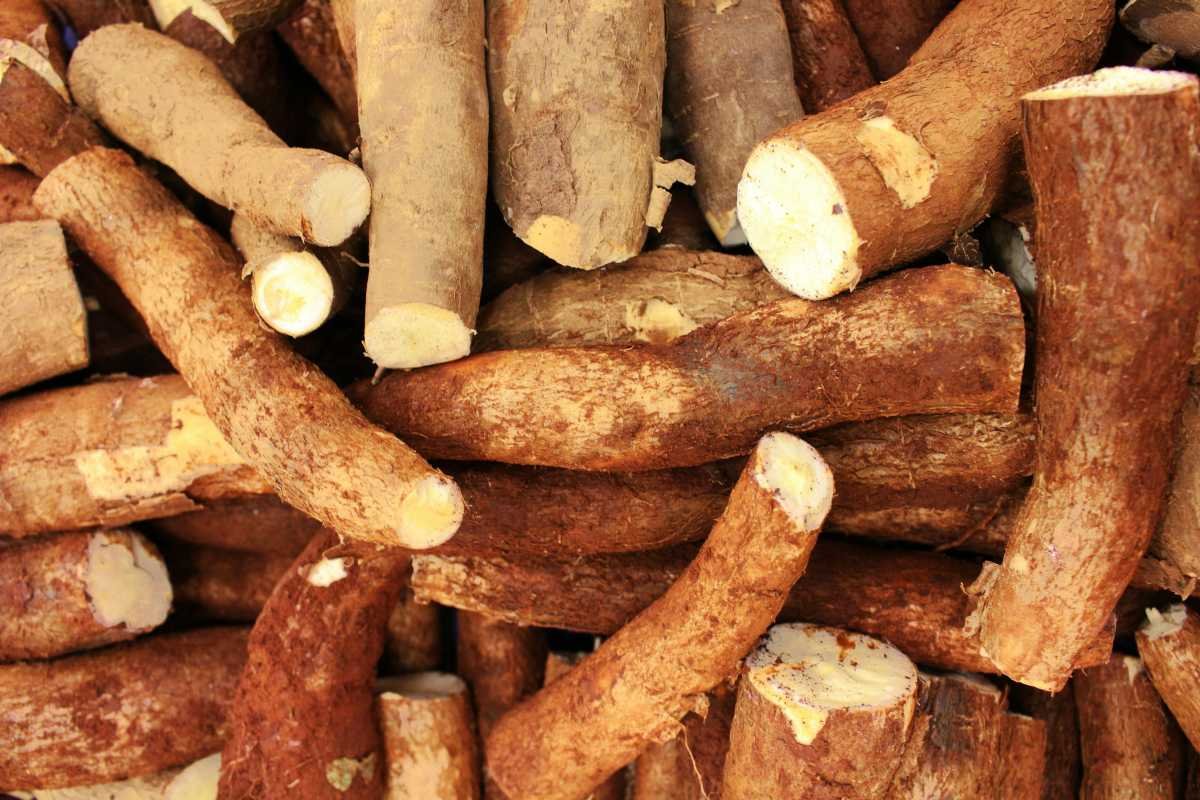10 Health Benefits of Cassava
Cassava, also known as yuca, is a starchy root vegetable that is a staple in many parts of the world, especially in Africa, Asia, and South America. It is packed with essential nutrients and offers numerous health benefits when consumed in moderation. Cassava can be cooked, boiled, fried, or used to make flour for baking. … Read more

